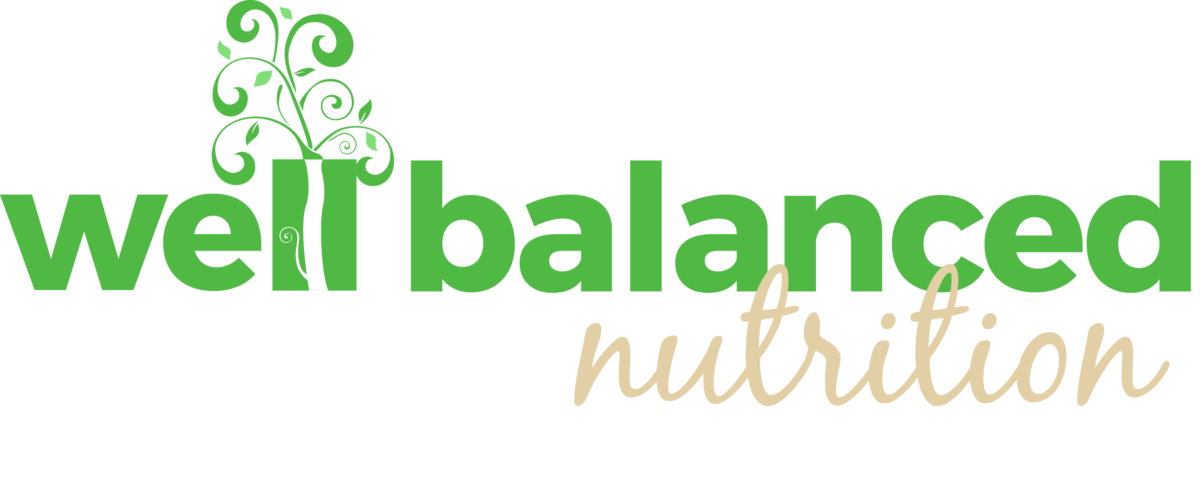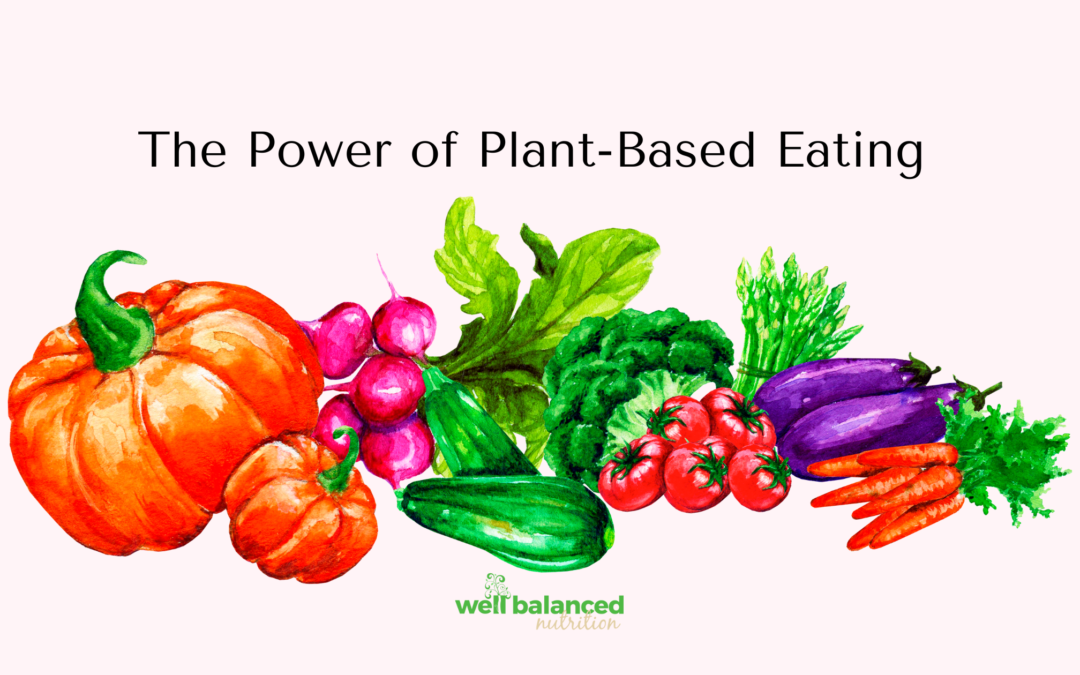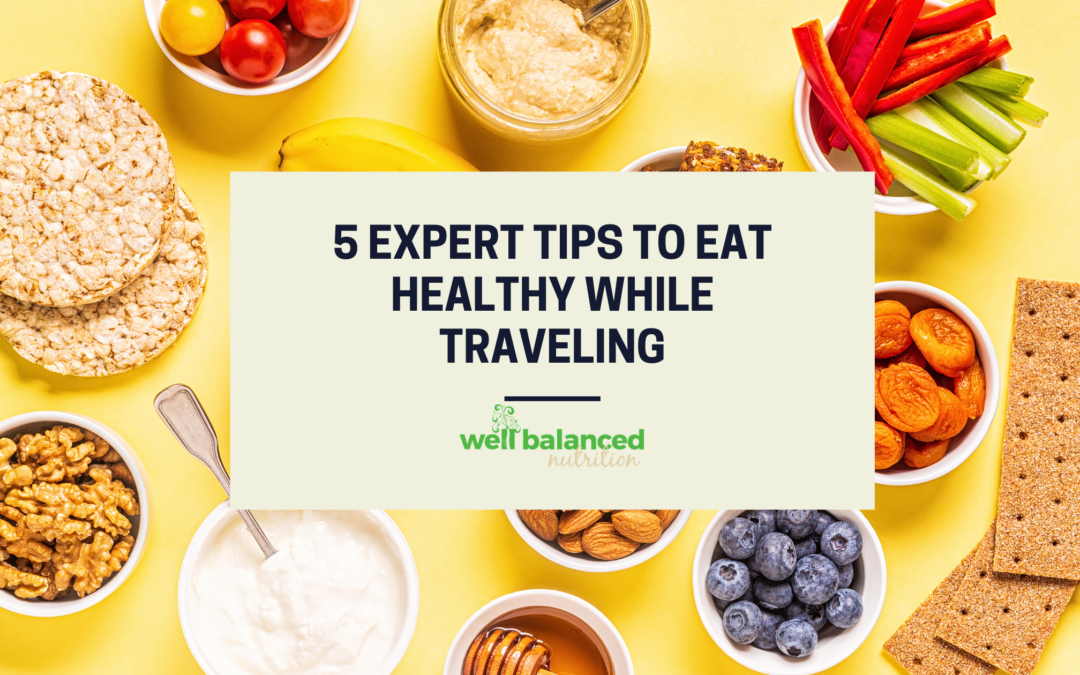That’s a fantastic question. If you feel compelled to go vegetarian, it likely means that you care about your health. We love that about you! You also may realize that eating more plants can help you live longer and fight off disease.
We think it’s awesome that you want to eat healthier and that you want to eat more plants! If a healthy lifestyle is what you are going for, we want to help you do it in a way that serves you best. Cutting out meat and becoming a vegetarian is one way to start eating better, but it’s only part of the picture and not the only way to get healthier. You don’t have to become a total vegetarian to reap the benefits of a plant-centric lifestyle. Below are some suggested steps that can be just as good, if not better in some cases, than going completely vegetarian.
Buy less processed foods and more foods in their natural state. Replacing meat with processed foods of different kinds doesn’t make your diet all that healthier. Oreos, white bread, and Twinkies are all vegetarian but not so nutritious. Just saying. =)
Focus on smaller quantities of higher quality, ethically-raised meats and/or vow to choose more fresh turkey and chicken over sausage, bacon, lunch meats and cured red meat. If the idea of eating more turkey or chicken sounds boring, then perhaps you would benefit from learning to use more fresh or dried herbs to spice up your chicken and turkey dishes. You could even try a cuisine that is new to you. Another way to shake things up is to include more seafood in your routine. Fish is a healthy option a couple of times a week. (EWG’s guide to seafood can be helpful if you are curious about safe and sustainable seafood.)
Implement a few meatless days of the week. To do this well, it may mean you need to experiment with more plant-based sources of protein like lentils, peas, chickpeas, soybeans, hemp seeds or chia seeds. Notice I didn’t say soy burgers. While those are a nice option on occasion, they tend to be highly processed and are less natural than the above choices.
Expand your plant palate. When you eliminate meat, you’ll need to find other sources of protein, and you will still need to fill half your plate with non-starchy vegetables. If plant-foods are limited in your diet now, your goal should be to try new vegetables, fruits, seeds, or legumes. Another idea is to try new methods of preparing ones you already eat. There are over 60 plant foods in-season over the summer months and 55 different plant foods that will be in season come the fall. If you can count the number of plants you eat on your hands, it’s time to expand!
Food for thought:
We encourage you not to focus so much on what you must take out (like meat) and focus more time and effort on what you can add to your plate (more yummy vegetables).
Ready to go vegetarian? If you are ready to follow a vegetarian meal plan, we are here to help! It is possible, and it takes some effort to get the right amount of protein, vegetables, and starches only from plants. We want you to remain balanced!
Is going completely vegetarian not right for you? That’s okay too! You can still eat a plant-centric diet by taking some of the above steps. Plus, we can help!
Tell us in the comments below:
What steps will you take or are you taking now?
Do you follow a vegetarian lifestyle? Tell us your favorite tips or tricks!




